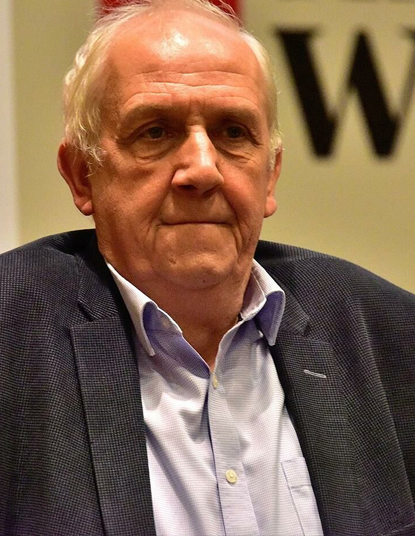
Andrzej Friszke
Award-winning Polish historian and author Andrzej Friszke is the Head of the Department of Recent Political History, Institute of Political Studies of the Polish Academy of Sciences. His specific interests include various aspects of the history of the Polish People's Republic, especially the history of the opposition and political emigration.
Born in 1956 in Olsztyn, Andrzej Friszke was awarded a doctoral degree in historical science in 1994, habilitated doctor in 2000, and professor in 2010. He promoted six doctors of sciences. Corresponding member of the Polish Academy of Sciences since 2013, Friszke has also been a member of the College of the Institute of National Remembrance (1999-2006) and the Council of the Institute of National Remembrance (2011-2016). For many years he has served as a member of the Board, and since 2000 - as the Chairman of the "Solidarity Archive" Association.
His distinctions include "Odra" Award (1994), Award of the Polish Cultural Foundation in London (1995), Jerzy Giedroyc Award (2000), Department I of the Polish Academy of Sciences (2008), Award of “Polityka” (2011), K. Moczarski Award (2011), Jan Długosz Award (2012), KLIO Award (2015), and Tadeusz Kotarbiński award (2018).
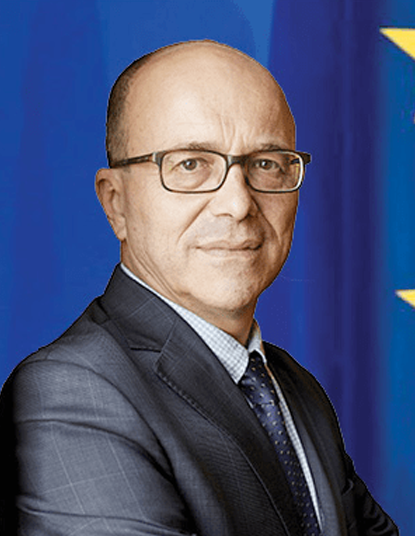
André Gattolin
André Gattolin is a French politician (La République En Marche) and academic.
Since October 2011, he has been a member of the French Senate, currently serving as vice-chair of the Foreign Affairs and Defence Committee and also vice-chair of the European Affairs Committee. He is also a member of the Legal Affairs and Human Rights Committee at the Parliamentary Assembly of the Council of Europe (PACE) and of the Democracy and Human rights Committee of the Parliamentary Assembly of the Organization for Security and Co-operation in Europe (OSCE).
Since June 2020, he co-chairs the Inter-Parliamentary Alliance on China (IPAC).
Since 2016, he chairs the France-Northern Europe (Denmark, Iceland, Norway, Sweden) parliamentary friendship group of the French Senate.
For years he has been on the front end of democratic movements in Europe and in Asia. Helping them as an activist first and then supporting them as an elected representative.
Born in 1960, he studied at the Paris Institute of Political Studies (Sciences Po). Holding a PhD in information and communication sciences, he still teaches journalism at the New Sorbonne University of Paris.
From 1988 to 1996, he held senior advisory roles in the political and media studies departments of several polling institutes.
From 1996 to 2006, he was director for studies and development at the French daily newspaper Libération.
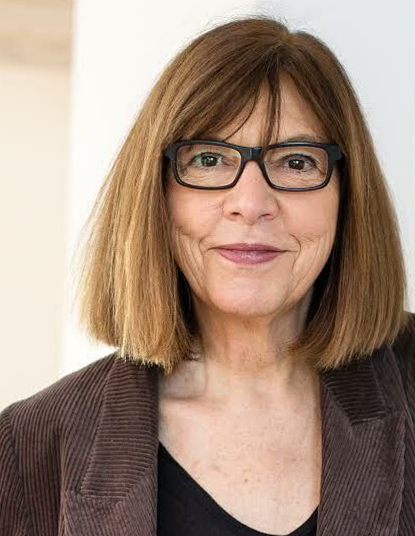
Rebecca Harms
A German politician and a former member of the European Parliament between 2009 and 2019, Rebecca Harms was the President of the European Green faction from 2009 to 2016. Her main interests lie in the fields of sustainable development, climate protection, and further political integration of the EU, as well as the EU’s neighbourhood strategy with a focus on the Eastern Partnership countries and Turkey.
A native of Uelzen, Harms graduated from high school in 1975 and, while completing her professional training as a tree nursery and landscape gardener, co-founded Bürgerinitiative Umweltschutz Lüchow-Dannenberg, which became an influential grassroots organization in the German anti-nuclear movement. Since 1977, Harms was involved in various projects for sustainable development and ecological farming in her home region and went on to occupy different leading positions in the German anti-nuclear movement. In 1984, she became an Assistant in the European Parliament with a focus on energy, agriculture, and nature protection. She joined the Landtag of Lower Saxony for Germany‘s Green Party in 1994, leading the Green faction from 1998 to 2004 and serving on the party Council from 1998 to 2017.
Since 2019, Rebecca Harms has represented the Heinrich Böll Foundation on the political board of The European Network of Political Foundations. As of 2020, she is the Vice Chair on the Board of the European Center for Press and Media Freedom and a Member of the Sustainability Council of Volkswagen.
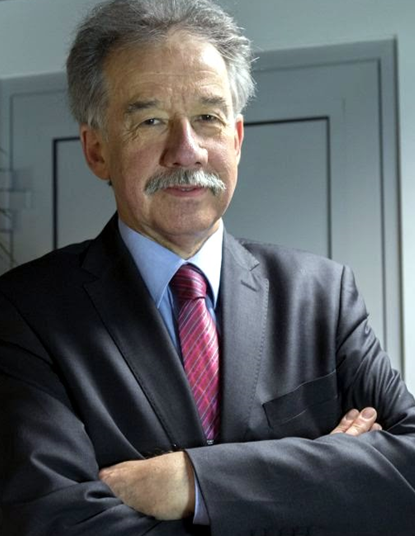
Wojciech Hermeliński
Elected by the Sejm for a nine-year term as a judge of the Constitutional Tribunal in 2006, Wojciech Hermeliński then served as a member and Chairman of the National Electoral Commission from 2014 to 2019, ending his term in office aged 70 years old.
In 2009, for outstanding services to the independence of the Republic of Poland, for his work for democratic change, for his achievements in serving the state and society in the fields of culture, science, sport, and justice, he was awarded by the president of Poland the Knight's Cross of the Order of Rebirth of Poland (Polonia Restituta).
After graduating from the Faculty of Law and Administration at the University of Warsaw in 1971, in 1971-1976, Wojciech Hermeliński served as a prosecutor in the Public Prosecutor's Office in Warsaw. Having practiced law as an attorney since 1984, he was vice-dean of the District Bar Council in Warsaw between 1998 and 2001 and then vice-president of the Supreme Bar Council until 2006. Between 2004 and 2006, he was also a member of the Programme Board of the Precedent Affairs Programme at the Helsinki Foundation for Human Rights.
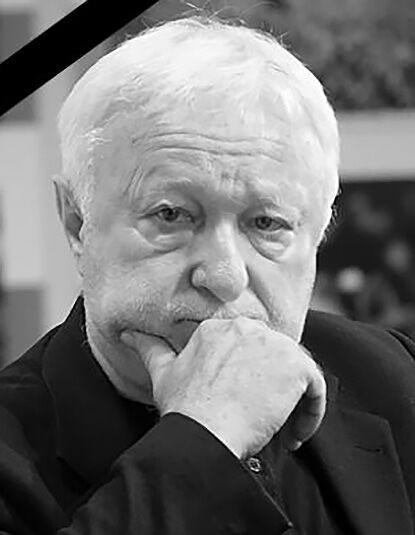
✝ Werner Schulz
A founder of the initiative, ex-member of our group, Werner Schulz was born on January 22, 1950 in Zwickau and died on November 9th, 2022 in Berlin.
1968 - 1972 studied food chemistry and technology at the Humboldt University in Berlin; 1974 - 1980 scientific assistant at the Humboldt University; 1980 summary dismissal for protesting the Soviet invasion of Afghanistan; since 1968 in various opposition groups in the GDR; 1981 Founding of the Pankow Peace Circle; 1989 New Forum; Representatives of the New Forum at the Round Table; Participation in the drafting of the round table; 1990 member of the first freely elected People's Chamber; spokesman for the Alliance 90/Greens parliamentary group; October 1990 to October 2005 Member of the German Bundestag; parliamentary manager and spokesman on economic policy for the Bündnis 90/Die Grünen parliamentary group; 2009-2014 Member of the European Parliament, Vice-Chairman of the EU-Russia Parliamentary Cooperation Committee.
Schulz was awarded the Order of Merit of the Federal Republic of Germany in 2015; President Joachim Gauck honoured him and others who had worked towards a united Germany on German Unity Day. In 2022, he was awarded the Deutscher Nationalpreis. Ex-President Gauck described Schulz as "a tireless fighter for a policy based on democratic values".
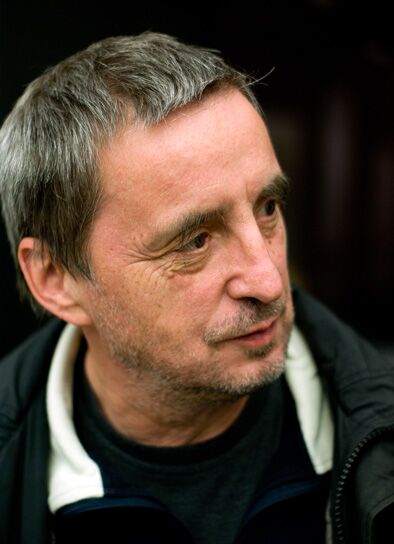
Wolfgang Templin
Wolfgang Templin's interests lie in Polish and Ukrainian history of the 20th century, as well as the reappraisal of the German Democratic Republic - topics on which he authored several books and essays. He has also served as the director of the Heinrich Böll Foundation in Warsaw between 2010 and 2014.
Having been imprisoned in the GDR for his opposition activities in the 1980s, Wolfgang Templin had to flee the country together with his family in 1988 and since 1989 his work focused on Eastern European history and present time.
A native of Jena, Wolfgang Templin studied Philosophy at the Humboldt University Berlin. After completing his research there he continued his studies in Warsaw in 1976 and 1977.